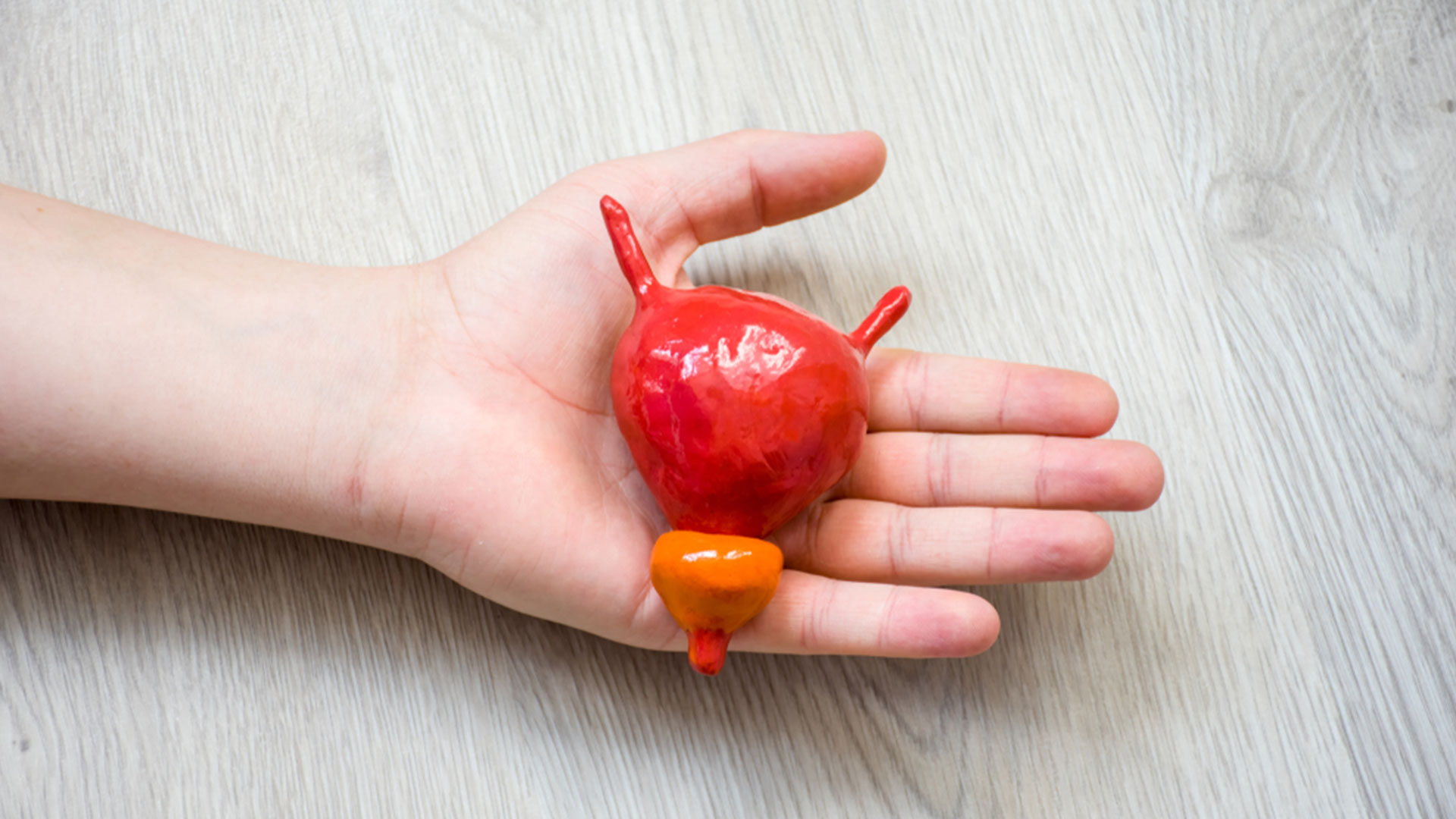Understanding Prostate Gland Injuries in Veterans: Causes and Effects

Table of Content
- Introduction
- What is the Prostate Gland?
- Common Prostate Gland Injuries in Veterans
- Causes of Prostate Gland Injuries
- Effects of Prostate Gland Injuries
- Diagnosis and Treatment
- Prevention and Management
- FAQs
- Conclusion
Summary
In this article, we'll look at the causes and effects of prostate gland injury in veterans. Different kinds of injuries, their mental and physical effects, how to diagnose them, how to cure them, how to avoid them, and how to manage them are all addressed. Veterans and their families will appreciate the information's straightforward presentation.
Introduction
Those who have served in the armed forces or worked in other dangerous occupations are at increased risk for prostate gland injury. Many things may harm the prostate gland, an important reproductive organ, which causes a lot of problems, both mentally and physically. The purpose of this article is to educate readers on prostate gland injuries in veterans and everything they need to know about them. What causes them, how to diagnose them, how to treat them, and how to avoid them.
What is the Prostate Gland?
In males, the prostate gland is a tiny gland that has the form of a walnut and is situated slightly below the bladder. Semen is nourished and transported by the seminal fluid that is produced by this organ. About reproductive health as well as general well-being, the prostate gland is an extremely important organ.
Common Prostate Gland Injuries in Veterans
Veterans are at risk for a variety of prostate gland injuries. Common injuries include:
- Blunt force trauma: The prostate is vulnerable to direct trauma in the event of an accident, fall, or violent attack.
- Pelvic fractures: Since the prostate gland is so close to the pelvic bones, it might be injured in these fractures.
- Penetrating trauma: Traumatic injuries to the pelvis, such as gunshot or knife wounds, may harm the prostate.
Causes of Prostate Gland Injuries
Among the most common causes of prostate gland injury in veterans are:
- Combat-related injuries: The prostate may be damaged by explosions, shrapnel, or direct impact.
- Training accidents: Injuries are more likely to occur during physical training activities, particularly those with significant impact.
- Vehicle accidents: Accidents involving motor vehicles, such as car wrecks, may cause harm to the prostate.
Effects of Prostate Gland Injuries
Injuries to the prostate gland may have different consequences based on how bad they are. Some common effects are:
- Pain and discomfort: Muscle or joint pain in the lower back, testicles, or pelvis.
- Urinary problems: Problems with urination, the need to urinate often, or urine incontinence.
- Sexual dysfunction: Trouble ejaculating or maintaining an erection.
- Infertility: Poor sperm quality and quantity may be caused by prostate damage.
Diagnosis and Treatment
Physical examination, evaluation of medical history, and imaging studies (ultrasound, CT scans, etc.) are all part of the diagnostic process for prostate gland injury. Depending on the severity of the damage, possible treatments could involve:
- Pain management
- Urinary management
- Sexual dysfunction treatment
- Infertility treatment
Prevention and Management
Although there is no perfect way to avoid prostate gland damage, there are measures veterans may do to lessen their chances:
- When training or fighting, always use the proper protective gear.
- Always use your seatbelt and drive safely by following the laws of the road.
- Maintain a regular schedule of checkups, including prostate tests and physical examinations.
- Take control of your stress by learning and regularly using relaxation methods.
FAQs
Can prostate gland injuries be completely healed?
Treatment often leads to an improvement for many veterans, albeit this does depend on the severity of their injuries.
Are there long-term complications?
Chronic pain, urinary tract issues, and impotence are some of the potential long-term consequences.
Can prostate gland injuries affect fertility?
Yes, sperm production and quality might be affected by prostate injury.
Conclusion
The quality of life for veterans may be greatly affected by prostate gland damage. Effective management of these injuries requires knowledge of their origins, consequences, and treatment choices. Veterans may better manage the difficulties related to prostate health if they seek medical treatment when needed and take preventative actions.

